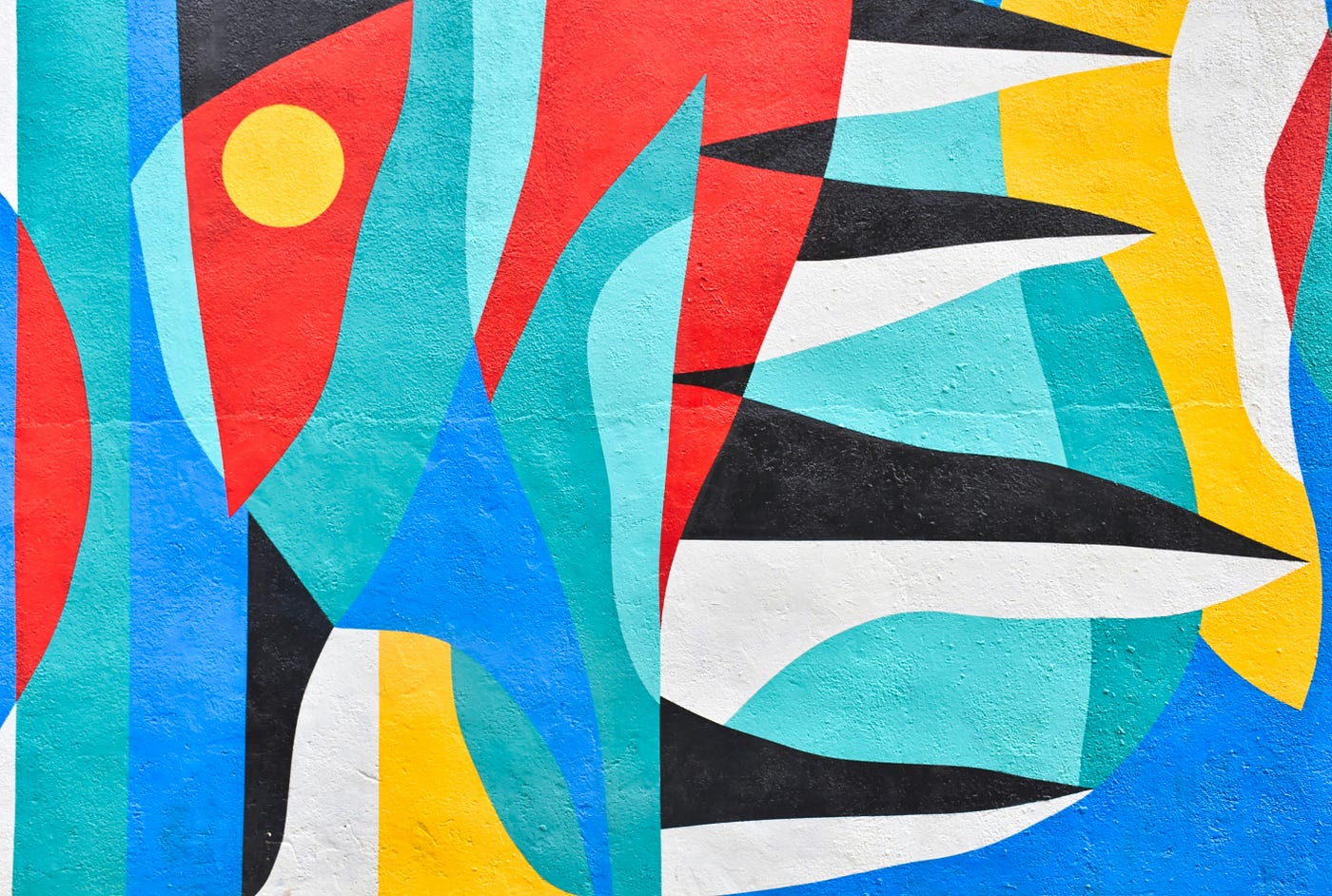Richard O’Barry trained a number of dolphins for use in the 1960’s Flipper TV show and soon discovered that the ill treatment of these intelligent mammals in captivity all over the world was something he couldn’t turn a blind eye too. O’Barry turned from trainer to activist and the documentary, The Cove, highlights his latest fight against dolphin slaughter and cruelty.
The cove in question is near the Japanese coastal village of Taiji. Hundreds, perhaps thousands of dolphins at a time are unwittingly driven into the cove where they are slaughtered to death. But that’s not the end of the story; the dolphin meat is deliberately mislabeled as whale meat and fed to Japanese school children.
Director Louie Psihoyos is one of the top photographers in the world and co-creator of The Oceanic Preservation Society. His film covers O’Barry’s activism in Taiji where along with a team of world-class divers, special effects artists, marine explorers, and camera experts, stop at nothing to illegally document what the Japanese authorities don’t want the world to see. The film was shot mostly in the middle of the night over a three-year period, using thermal imaging and cameras provided by Industrial Light and Magic.
Part eco thriller and part story of redemption, The Cove is a unique documentary thriller that couples the message of environmentalism with images of inhuman practices of dolphin slaughter and the alarming fact of food mislabeling of this mercury rich meat.
Charles Hambleton is the Associate Producer and Head of Clandestine Operations on The Cove. He is a world-class diver and part of the Marine Department for the Pirates of the Caribbean franchise. Hambleton has worked with Psihoyos on photography assignments over the last ten years. He says that the film’s message is “anti-corruption, not anti-Japanese.”
Hambleton wishes to emphasize that this is not an attack on the Japanese people and government, especially after the USA’s astonishingly bad record for beef production. Japan has one of the top health and safety records in the world, yet the Japanese government are clearly embarrassed by The Cove’s message and has taken measures to cover up the scandal by putting pressure on the Japanese press to tone down the facts. The Tokyo Film Festival also decided not to show the film.
Japans record with mammals is less than rosy. After outside pressure, the government put an end to whaling in 1986 but through a loophole that allows hundreds of whales to be killed each year in the name of “science” and quite remarkably for culling. Using the excuse to cull whales because of over population, states Hambleton, “is like blaming the destruction of the rain forest on woodpeckers.
Rick O’Barry is currently in Australia where the film has a huge following. He is trying to persuade the authorities to sever sister city ties between Tokyo and New South Wales. His passion for the mammals he loves is unfaltering. When The Cove screened at Sundance last year and won The Audience Award, O’Barry was stunned by the response and remarked that later that night was the first time he’d slept soundly in 35 years.
Celebrities also continue to rave about the film. Pierce Brosnan called The Cave “the best spy thriller,” and Ben Stiller was so blown away by the film and its message that he watched it twice and presented one of the screenings in New York.
The Cove has swept Facebook and Twitter social network sites. Information and support for the dolphins can be found on the film’s website.







